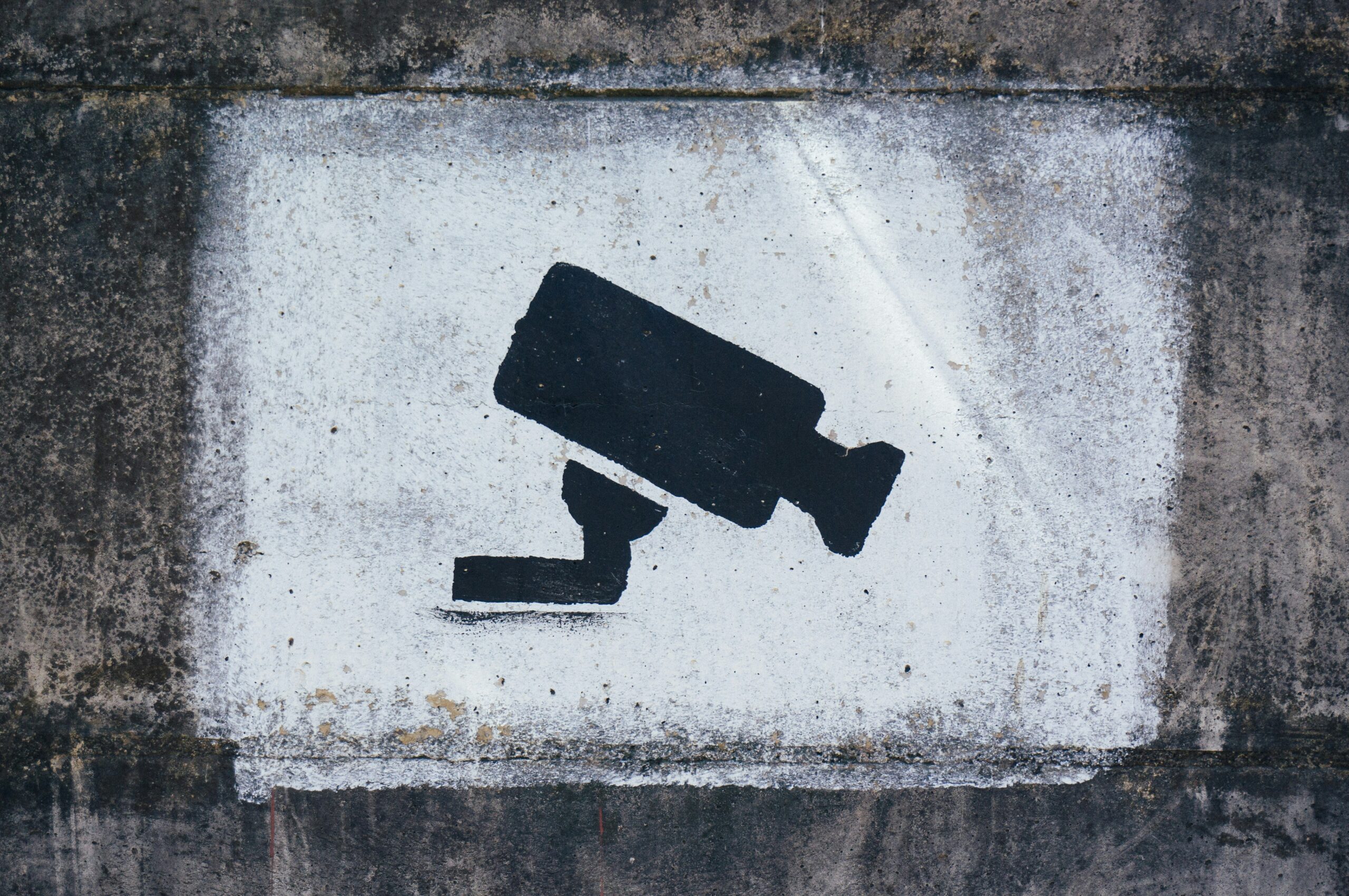Strasbourg, 13/03/2024 – Today, MEPs shall approve the outcome of the trilogue negotiations on the Artificial Intelligence Act (AI Act), establishing new rules that shall regulate the use of artificial intelligence in the EU for the first time. Sadly, the European Parliament’s position aiming for a comprehensive ban on biometric mass surveillance technologies was completely changed during the intransparent trilogue negotiations. The new law will now effectively allow law enforcement the introduction of error-prone facial surveillance and facial recognition camera software in public spaces. Therefore, Pirate Party MEPs won’t be able to support the text and will vote against.
Patrick Breyer, Member of the European Parliament for the German Pirate Party, comments:
“The European Parliament set out to ban biometric mass surveillance in Europe, but is ending up legitimising it. Chilling monitoring of our behaviour and ubiquitous real-time face surveillance in public spaces, error-prone biometric identification used on CCTV recordings even for petty offences, racial classification of persons, unscientific AI ‚video lie detector‘ technology – none of these dystopian technologies will be off limits for EU governments, including illiberal governments such as Hungary’s. Rather than protecting us from these authoritarian instruments, the AI Act provides an instruction manual for governments to roll out biometric mass surveillance in Europe. As important as it is to regulate AI technology, defending our democracy against being turned into a high-tech surveillance state is not negotiable for us Pirates.”
Marcel Kolaja, Member and Quaestor of the European Parliament for the Czech Pirate Party and the opinion rapporteur of the AI Act in the Culture and Education Committee (CULT), comments:
“The AI act is a disappointment to me. There is a clear need for rules on artificial intelligence. However, the current form that has emerged from the negotiations with national governments falls short of what it should have done. The national governments have inserted a section that de facto creates a legal framework for widespread snooping on people by biometric cameras. Such cameras, equipped with artificial intelligence, are able to recognise people’s faces and thus keep track of who has been where, when, and with whom. The AI Act should have banned such an Orwellian tool, but instead it explicitly legalises it. That’s an invasion of privacy that Pirates will never raise a hand for. It’s a shame, because the AI Act has also its positives. I’m for example glad that I was able to negotiate rules for so-called e-proctoring. Programs that are used to check on students when they take exams online. If the artificial intelligence is poorly trained, it can evaluate, for example, noise from the hallway in a dorm as cheating. Given the impact this can have on a young person’s life, it’s worth keeping an eye on and making sure the program works as it should. Unfortunately, in the end, when it comes to the AI Act, the negatives outweigh the positives.”


0 comments on “Pirates: AI Act fails to protect citizens’ rights”